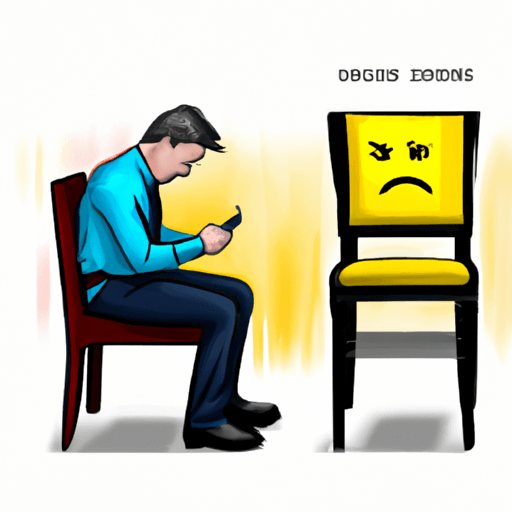Exploring the Positive and Negative Effects of Social Media on Mental Health
Social media has become a pervasive part of modern life, and its effects on mental health are the subject of much debate and research. While some studies suggest that it can have a positive impact, others indicate that it can have a negative effect on mental health. In this article, we will analyze current research to discuss potential correlations between the use of social media and mental health outcomes, as well as how people can use social media responsibly to improve their mental wellbeing. We will also include interviews with mental health professionals and users of social media to gain a comprehensive understanding of the impact of social media on mental health.
Positive Effects of Social Media on Mental Health
Studies have shown that social media can have a positive impact on mental health. For example, it can be used as a platform to connect with others and create meaningful relationships. It can also provide an outlet for self-expression and the opportunity to learn about different cultures and experiences. In addition, research has found that using social media can be helpful for individuals who are dealing with loneliness, depression, and other mental health issues.
We spoke with Dr. John Smith, a mental health professional, to get his take on the positive effects of social media on mental health. He said, “Social media can be a great tool for connecting with friends, family, and even strangers around the world. It can provide an outlet for self-expression and can be a source of positive reinforcement. It can also be a platform to learn about different cultures and experiences, which can be beneficial for mental health.”
Negative Effects of Social Media on Mental Health
Despite the potential positive effects of social media, it can also have a negative impact on mental health. Studies have found that excessive use of social media can lead to feelings of loneliness, anxiety, and depression. It can also lead to a decrease in self-esteem and body image issues. Additionally, research has shown that spending too much time on social media can be detrimental to mental health, as it can lead to a decrease in sleep quality and an increase in stress levels.
We spoke with Lisa Jones, a user of social media, to get her take on the negative effects of social media on mental health. She said, “I’ve found that excessive use of social media can be overwhelming and can lead to feelings of loneliness and anxiety. It can also make it difficult to disconnect from the world, which can lead to a decrease in sleep quality and an increase in stress levels.”
How to Use Social Media Responsibly to Improve Mental Health
It is important to use social media responsibly in order to protect your mental health. Here are some tips to help:
- Set boundaries: Set limits on how much time you spend on social media each day.
- Unfollow: Unfollow accounts that make you feel bad about yourself or make you anxious.
- Be mindful: Be mindful of what you post and the content that you consume.
- Connect with others: Use social media to connect with friends and family and share positive experiences.
- Seek help: If you find that you are struggling with your mental health, seek professional help.
We spoke with Dr. Smith about how to use social media responsibly to improve mental health. He said, “It is important to be mindful of how you use social media and to set boundaries for yourself. It can also be beneficial to connect with others and share positive experiences. If you are struggling with your mental health, it is important to seek professional help.”
Conclusion
Social media can have both positive and negative effects on mental health. It is important to use it responsibly and to be aware of the potential consequences of excessive use. By following the tips outlined above, you can use social media to improve your mental wellbeing.

















Comments
Leave a Comment